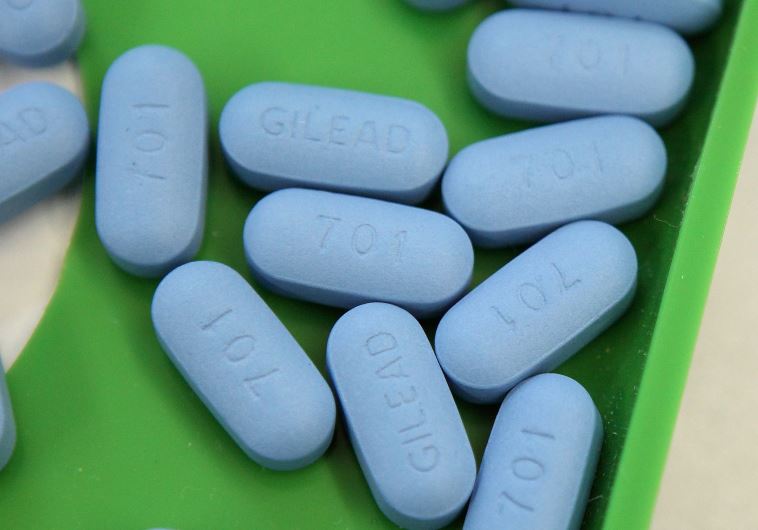Health Scan: Grape seed extract may extend life of fillings
“There is no reason why a visit to the hospital be connected to unnecessary charges for parking.”
 Antiretroviral pills Truvada sit at a pharmacy in California(photo credit: JUSTIN SULLIVAN/GETTY IMAGES NORTH AMERICA/AFP)
Antiretroviral pills Truvada sit at a pharmacy in California(photo credit: JUSTIN SULLIVAN/GETTY IMAGES NORTH AMERICA/AFP)